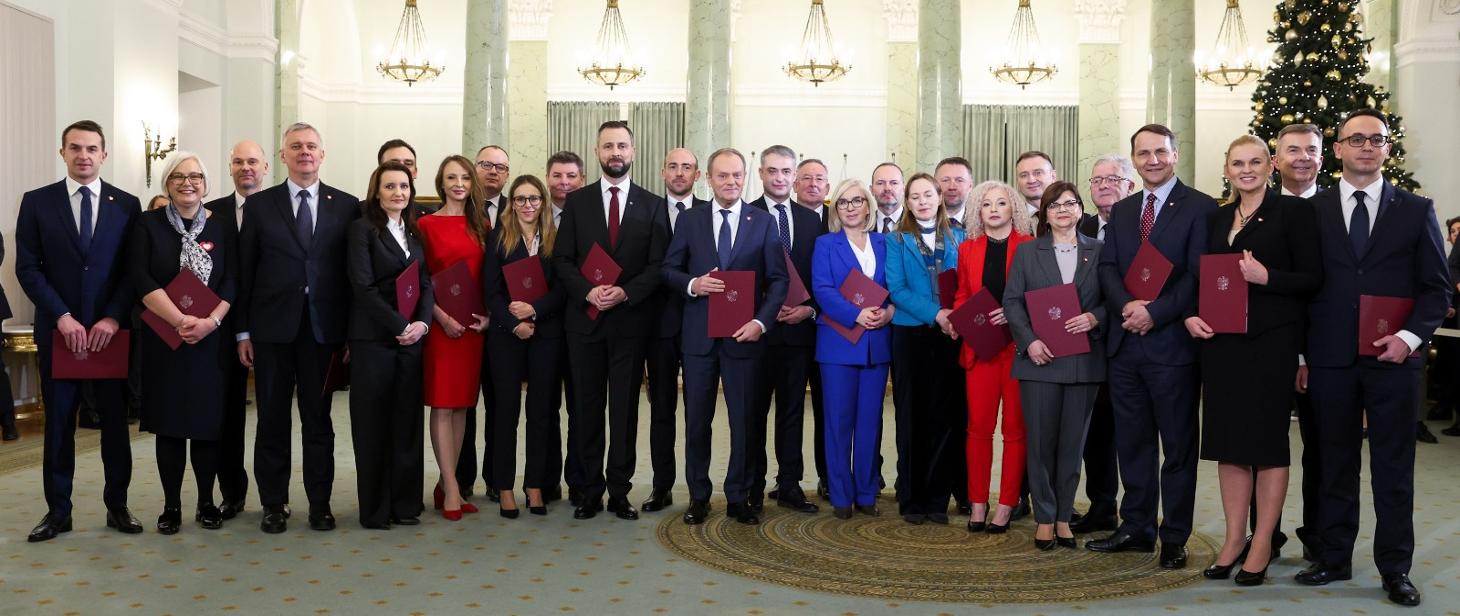One of Poland’s ministers has recently told the media that Poland was ready to adopt the new 90 percent CO2 emissions reduction target by 2040. A Deputy Prime Minister has already denied this, but reality will tell – writes Wojciech Jakóbik, editor in chief at BiznesAlert.pl.
Will Poland support the goal of reducing CO2 emissions by 90 percent by 2040?
EurActiv.com, a recognized portal from Brussels, as reported by Nikolaus Kurmayer, states that Poland supports the goal of reducing CO2 emissions by 90 percent by 2040, a target previously proposed by Denmark and Germany, the leaders in the energy transition. This information was conveyed by Minister Urszula Zielińska in a speech following a meeting of the Environmental Council. „I come here with the message that Poland will step up efforts to combat climate change,” said the secretary of State in the Ministry of Climate and Environment as quoted by EurActiv.com, which added she supported the new reduction target.
It would be a revolutionary move, because Poles declared the need for an evolutionary change in the energy sector and their energy strategy after the planned update is to assume a 50 percent share of RES in electricity production in 2040 and an 8 percent share of coal. According to information obtained by BiznesAlert.pl the new government will be working on this new update. Supporting the goal of reducing CO2 emissions by 90 percent by 2040 would force additional changes in the update and possibly higher costs, which in the update are estimated at PLN 1.6 trillion.
However, minister Urszula Zielińska herself corrected this information. „During a meeting with the EU Commissioner for Climate Policy I stressed to Mr. Wopke Hoekstra that Poland wanted an ambitious climate policy that can be implemented without harm to people and the economy,” she explained on X. „But this does not mean that we already have a clear declaration on the 2040 emission reduction target at such an early stage. Today we declare openness to negotiations and the announcement of a constructive approach of Poland to climate policy in the European Union, with particular sensitivity to social issues,” she explained.
Her coalition partner, Deputy Prime Minister Władysław Kosiniak-Kamysz, who also holds the portfolio of Minister of National Defense of the Republic of Poland, made a much stronger statement for Polsat News. „This is not the government’s position, and it will not be approved not just by PSL (his party -ed.), but also all other coalition members,” the Polish Press Agency reported. According to him, it was just the Deputy Minister’s private opinion.
Elections are coming and farmers are protesting
Politicians are cautious when talking about the climate policy before the coming local elections in April. It is worth recalling that disputes about it are already causing protests among farmers in Germany, and PSL probably would not want similar ones in Poland. There is also a social contract with the miners to extinguish coal mines by 2049, which would require renegotiation if accelerated.
However, the reality may make Poland meet the goal of reducing CO2 emissions by 90 percent by 2040. Coal-fired power generation could get off the stage faster than in the 2040s for economic and geological reasons, closer to the goal suggested in the election campaign by the Civic Coalition for 2030. The reduction of emissions in the heating sector, for which Urszula Zielińska is responsible in the Climate Ministry, can be just as deep, according to the Energy Forum, it can reach 96 percent in heating and 91 percent in district heating. It is also worth noting that EU objectives is usually divided into individual, national ones. Poland has room to maneuver in the negotiations.
However, these are details that can escape in the heat of political struggle, as always. If Poland is just starting negotiations on a new reduction target, it should fight to get the hundreds of billions of support needed to make such a target feasible at all without a social upheaval.









